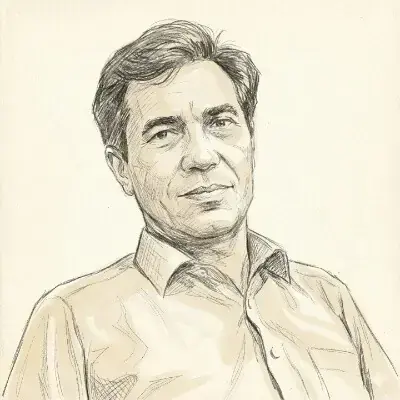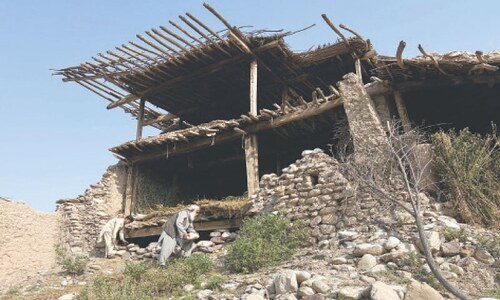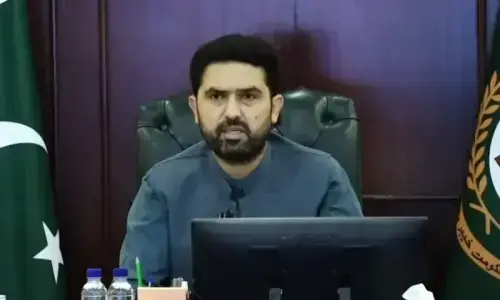PESHAWAR: The Khyber Pakhtunkhwa government has repealed the Gen Musharraf-era Police Order 2002 and promulgated own Police Ordinance 2016 claiming that under the new law police force has been freed from the clutches of bureaucracy and has been made answerable to public representatives
A senior official at the law department told Dawn that KP Governor Iqbal Zafar Jhagra signed the ordinance on Monday and that police high-ups had been granted all the powers they were clamoring for.
Following the promulgation of the law, KP has become the first province to enact its own police law.
On Tuesday, KP Chief Minister Pervez Khattak and Inspector General of Police Nasir Khan Durrani shared details of the new law with journalists at the Chief Minister’s Secretariat here.
The ordinance came after months long tussle between bureaucracy and police over having controlling powers over the department.
Issues ordinance, insisting police freed from clutches of bureaucracy
Both the police and home departments had prepared their own drafts, which were drastically different to each other.
Section 14 of the ordinance, a copy of which is available with Dawn, shows that the procedure of the provincial police officer’s (PPO’s) appointment is more or less the same like the Police Order 2002 as the provincial government will pick one officer out of a panel of three names provided by the federal government as the PPO.
It however says the officers should to be recommended by the National Public Safety Commission.
The tenure of the PPO has been brought down from three years to two years in the Police Order.
However, the police managed to strike off the Police Order’s Clause 12 (5) empowering Provincial Public Safety Complaints Commission to ask the government for the PPO’s repatriation.
Under the name of operational autonomy, the PPO has been empowered to post officers up to the rank of AIG, while Section 20 empowers the police chief to post the city police officers and district police officers.
Previously, under Section 15 of the Police Order, he was required to have the government’s approval to do so.
The term of the CCPO and DPO offices has also been brought down from three to two years under the new law.
Under Section 16(1), the PPO will have all operational, administrative and financial powers as ex-officio secretary to government.
The Provincial Public Safety Complaints Commission has been deprived its power of repatriating the PPO in contrast to the Police Order 2002. The power has been given to the government.
Also, the provincial body will be able take cognisance of the police’s excesses but won’t probe matters relating to investigations of regional police officers and DPOs.
Under the police order, the provincial body was empowered to take cognisance of cases of police neglect, abuse of authority and conduct prejudicial to public interest against head of district police even on its own has now been stripped of this power and now only can conduct an inquiry against a district head on a resolution passed by district assembly for the transfer of the DPO.
Under the law, the commission upon receiving a complaint will refer it to IGP, who will hold inquiry through the relevant authorities within 21 days.
However, if the commission is not satisfied with the report, its chairman will direct its inquiry panel to examine the case and give final report. Its decision will be communicated to the relevant authority for appropriate action within 30 days.
In contrast to the police order, where the job of accountability was vested in the safety bodies, the new law proposes to set up parallel regional police complaint authorities to enquire into complaints against all police officials up to the rank of ASP or DSP.
Besides this, the criminal justice coordination committees will also be formed at the district level, while the public liaison councils will be set up at village and neighbourhood levels.
The law has also institutionalised several training schools set up under the watch of the current police chief and made the counterterrorism and militancy as the police’s duties.
Mr. Khattak told journalists that for the first time in national history, a chief minister was delegating his powers to others.
He said the ordinance had been promulgated but in reality, he had transferred powers to the police beforehand.
“After getting full operational autonomy, the police will be able to work more independently,” he said.
Published in Dawn, August 3rd, 2016



































